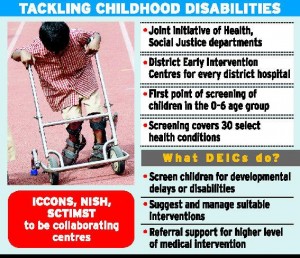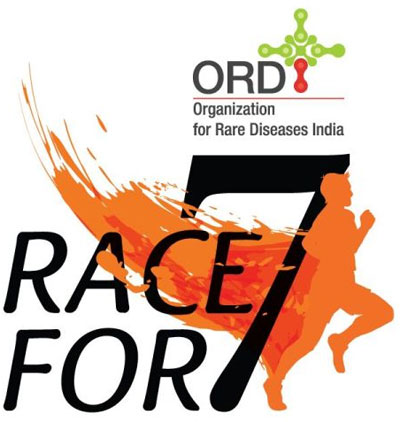 To screen developmental delays and disabilities in children.
To screen developmental delays and disabilities in children.
The departments of Health and Social Justice are launching a major joint initiative to tackle childhood disabilities through the early identification of developmental delays and disabilities and early interventions so that these conditions do not become permanent or debilitating.
District Early Intervention Centres (DEICs) will soon be opened in every district hospital and this will be the first point of screening for developmental delays and disabilities in children in the 0-6 years age group.
Special team
The DEICs will have a special team consisting of a doctor, paediatrician, dental hygienist, audiologist, speech therapist, psychologist, optometrist, and a special educator/social worker, who will screen children for developmental delays or disabilities, suggest and manage suitable interventions, with referral support to those who may require a higher level of medical intervention.
The NRHM is now in the process of appointing these specialists on contract basis as the health system does not have adequate personnel to deliver these services.
Central programme While the Health Department is taking up this initiative under the Centrally sponsored health screening programme for children from 0-18 years, the Rashtriya Bal Swasthya Karyakram (RBSK) launched last year, the Social Justice Department is supporting the programme under its State
https://healthsavy.com/product/cymbalta/
Initiative on Disabilities (SID).
Child health screening and early intervention services under the RBSK envisage covering 30 select health conditions, including neural tube defects, Down?s Syndrome, congenital heart diseases, various deficiencies and developmental delays involving cognitive, language, motor delays, hearing/vision impairment and autism.
?When it comes to neuro developmental delays and conditions such as cerebral palsy or autism, the public health system has been helpless because the identification and management of these conditions are time-consuming and our doctors not trained to do this. The maximum brain development occurs in a child in the first two years of life and by failing to identify and manage neuro developmental delays during this period, we are losing the window of opportunity to help the child,? points out Amar Fettle, a senior paediatrician who is overseeing the programme.
Screening is envisaged at various levels. The State has already commenced a newborn screening programme to identify certain conditions.
The next level of screening will take place at the community level, when trained health workers, ASHAs and anganwadi workers will identify children in the 0 to 6 years, who might have any developmental delays, using a simple checklist and refer these children to the DEICs.
https://www.thehindu.com/news/national/kerala/early-intervention-centres-in-kerala-soon/article5843036.ece
 To screen developmental delays and disabilities in children.
To screen developmental delays and disabilities in children.


